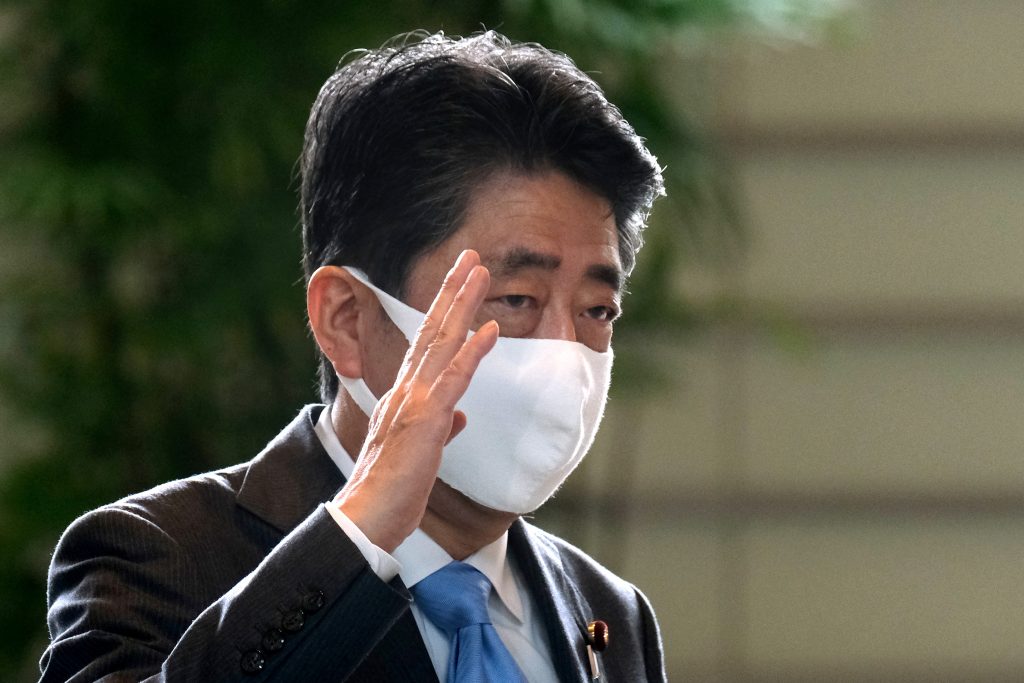
- ARAB NEWS
- 04 Jul 2025

TOKYO: After serving nearly eight years in office, outgoing Japanese Prime Minister Shinzo Abe has left a legacy of centralization of authority, bringing light and darkness to the country’s politics.
Abe’s successful effort to create a more powerful “Kantei,” or prime minister’s office, has weakened the ruling party’s influence over the government.
His longtime rule led many bureaucrats to act on what they speculated were the wishes of Abe in a practice called “sontaku,” which was particularly highlighted by a series of favoritism scandals.
“The Abe administration has made politics Kantei-led by creating the Cabinet Bureau of Personnel Affairs as a result of political reform,” Tomoaki Iwai, an expert in modern Japanese politics, said, referring to the Cabinet Secretariat body that controls personnel matters in the bureaucracy.
Past prime ministers had weak authority, and they could not get anything rolling without seeking opinions from the ruling party, said Iwai, professor of political science at Nihon University. But the Abe administration has “realized a top-down style of decision-making,” he said.
Meanwhile, Abe’s unrivaled grip on power has brought about bureaucrats’ sontaku. Official documents were tampered with in relation to the controversial discount sale of state-owned land to nationalist school operator Moritomo Gakuen.
“Bureaucrats were acting as minions of the Kantei,” Iwai said, pointing to a need to secure the neutrality of bureaucracy in the absence of the possibility of a change of government.
Hide Fukumoto, a 49-year-old comedian who has been impersonating Abe since his first stint as prime minister in 2006-2007, said the best thing about his administration was that it lasted long.
“The country’s prime minister had changed every year in the past, making elementary school students believe that it is chosen in the same way as school class representatives,” Fukumoto said.
He noted that Abe enacted a series of controversial laws, including national security bills, while pledging to resolve difficult issues such as the territorial row with Russia, abductions of Japanese nationals by North Korea and realize constitutional revisions.
“I hadn’t expected Abe to serve so long. He was very solid despite the revelations of misconduct and scandals,” Fukumoto said, praising Abe’s ability to make a comeback five years after his first stint ended in humiliation.
JIJI Press